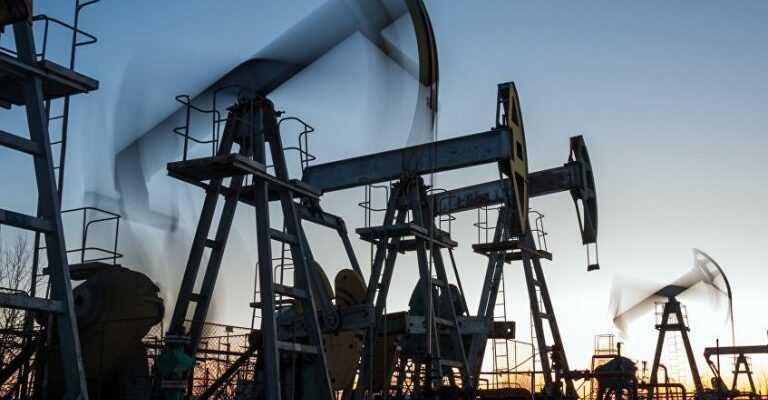(BFM Bourse) – The main oil-exporting countries met on May 5. As in previous months, the cartel maintains its policy of a gradual increase in production. For Westerners, the floodgates of the OPEC+ countries are not open enough while the prices of black gold have soared by more than 10% since the invasion of Ukraine on February 24. The implementation of the Russian embargo should accentuate the surge in prices…
After a meeting without surprises and flash, the oil producing countries of OPEC + agreed Thursday on a new marginal increase in their production of black gold, comforted by the risks which weigh on the demand against a background anti-Covid restrictions in China.
Representatives of the thirteen members of the Organization of the Petroleum Exporting Countries (OPEC) and their ten partners (OPEC+) decided “to adjust upwards the total monthly production of 432,000 barrels per day for the month of June”, said announced the alliance in a press release.
As in previous months, the cartel is sticking to its strategy of very gradually increasing its production, “given the fundamentals and prospects suggesting a balanced market”. After making drastic cuts in the spring of 2020 in the face of the shock of the pandemic, the 23 members began to reopen the floodgates in the spring of 2021.
Too slowly, however, for the taste of Westerners, led by the United States, as prices have soared since the invasion of Ukraine. They flared up again this week after the announcement of a proposed European embargo on Russian oil, the two black gold benchmarks briefly trading above $110 a barrel on Thursday, an increase of 10 15% compared to February 24. For Edward Gardner, of Capital Economics, “this suggests that the market is more constrained on the supply side than OPEC + suggests”.
The cartel attentive to the Chinese situation
The alliance has so far resisted calls from all quarters to step up the pace, a caution now reinforced by the situation in China. Largely spared for two years, the country has faced its worst epidemic outbreak in recent weeks, which is undermining its zero Covid strategy. Beijing closed dozens of metro stations on Wednesday and its inhabitants now fear confinement, as in Shanghai, the largest city in China with 25 million inhabitants where most cases are recorded.
“The slowdown in activity in China is certainly a factor justifying an OPEC + status quo, despite international pressure to increase supply in the face of the current energy crisis”, underlines Ipek Ozkardeskaya, analyst of the bank Swissquote, interviewed by AFP. Also weighing on the market are fears of a global economic slowdown caused by the war in Ukraine.
The International Monetary Fund (IMF) sharply lowered its global growth forecast for 2022 at the end of April due to the “seismic waves” caused by the conflict, in particular galloping inflation which is undermining consumers’ purchasing power. In this feverish climate, OPEC+ recently revised its own estimates downwards.
“A power battle over oil supply”
To the faltering demand, there is also a geopolitical element to explain the wait-and-see attitude of OPEC+, argues Ms. Ozkardeskaya, referring to “a power battle around oil supply”. Despite the war, the group “remains allied with Russia and works against the will of the United States to increase the production of crude”, argues the analyst. “OPEC+ countries are simply unwilling to replace Russian oil.” For Stephen Innes, analyst at Spi Asset Management, this policy “is becoming more and more untenable” and “contrary to the mission” of regulating the market of this alliance forged in 2016.
But still it would be necessary that the alliance manages to respect the quotas which it displays. However, between lack of investment in oil infrastructure in some member countries or operational problems, the cartel regularly fails to achieve its production targets.
Sabrina Sadgui, with AFP
©2022 BFM Bourse
